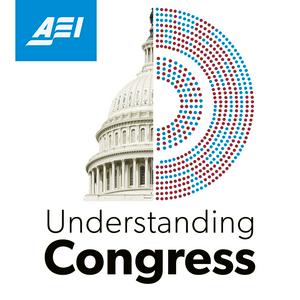The topic of this episode is, “Why should we care about Congress's power of the purse?”
Well, we are just getting through the FY2026 budget process, which Congress was supposed to finish nearly half a year ago. And the next budget process has begun.
During the second administration of Donald Trump, we have seen an escalation of the longstanding battle between the executive branch and the legislative branch over federal revenue-raising and federal spending. Mr. Trump famously unleashed the Department of Government Efficiency, and he has refused to spend money appropriated by Congress. In other cases, he has repurposed money appropriated for one purpose to another purpose. And this is to say nothing of some of the peculiar revenue-raising maneuvers he has made, such as seizing oil from Venezuela, selling it, and then tucking the money in an overseas bank account.
Should we be bothered by any of these doings? Should we really care whether Congress or the president exerts more or less power over the federal purse?
To discuss these questions, I have with me Shalanda Young, who has an extraordinary amount of expertise and experience in federal budgeting matters. Ms. Young presently is a Distinguished Scholar in Residence and Adjunct Professor of Law at New York University’s law school.
Previously, Ms. Young was the Director of the U.S. Office of Management and Budget from 2021 to 2025. In that position, she also led the development of all four of President Joseph Biden’s budgets and presented them before Congress each year. She was also a lead negotiator for the Fiscal Responsibility Act of 2023 that averted a first-ever debt default and lifted the Nation’s debt ceiling. Ms. Young came to the executive branch with a load of legislative branch experience. She worked for the House Appropriations Committee for nearly 15 years and served the Committee as the Staff Director.
So who better to discuss Congress’s power of the purse?
Read the full transcript here.


